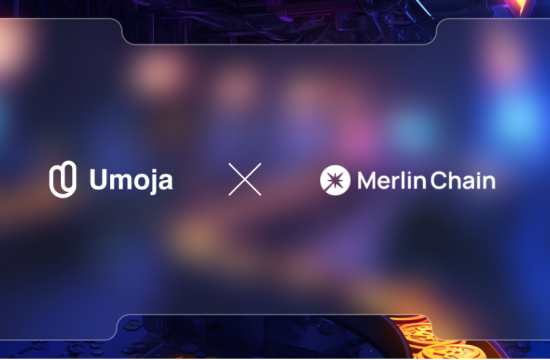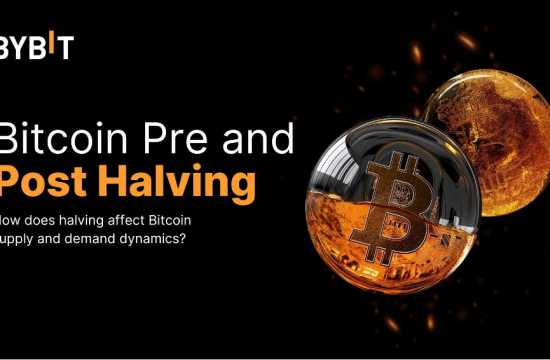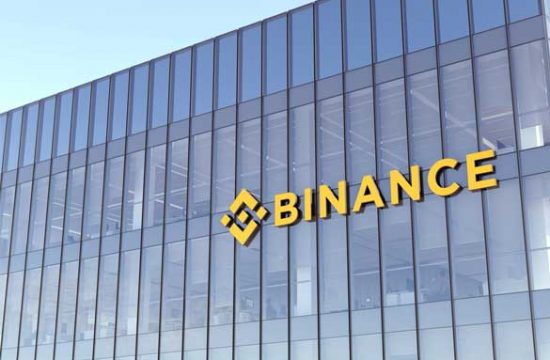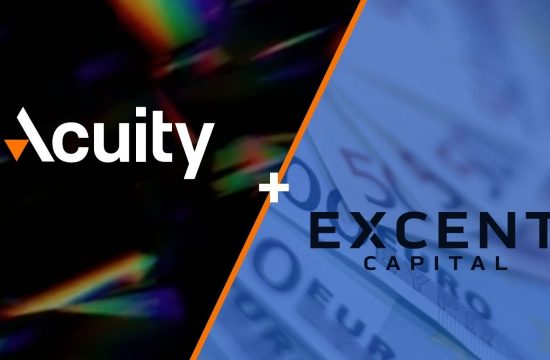Decentralized exchanges are one-way blockchain companies take back the power of value creation.

Visit https://bitcoin-up.live/ it provides the best bitcoin trading experience with a low initial deposit. Moreover, the withdrawals on this platform are quick with extraordinary security. In a typical, centralized exchange, investors and traders buy and sell tokens in the market.
As we imagine, with these pooled trading platform applications, there will be an automatically created smart contract where participants can trade amongst themselves directly — meaning that brokers or exchanges do not need to be involved at all, resulting in lower costs for all involved.
Once the desired trade parameters are met, the smart contract executes a trade by sending deposited tokens to each participant via their Ethereum address — all while securely storing the value of each token, like a time-locked safe. In addition, the pooled trading platform application allows pool managers or participants to offer incentives based on performance or contribution within the trading group. As a result, the pooled trading platform application is a win-win situation for all involved.
Investors and traders can feel more confident in their trades, knowing they are not handing their money over to an intermediary. In addition, trading groups can earn off commissions based on the performance of each trade made. This decentralized approach to pooling is one-way blockchain companies are challenging the traditional financial systems with which we are so familiar today.
How do DEXs work?
The Decentralized Exchange is a blockchain-based platform that uses smart contracts to exchange digital assets. A decentralized exchange has its market price, and the transactions are executed directly between traders.
As transactions are all peer-to-peer, your money is not at risk by depositing it with an exchange if it gets hacked. In addition, since there is no mediator involved in the transactions, people can significantly reduce transaction fees. There is also complete control over your private keys when using a DEX, so you don’t have to worry about your account getting frozen or suspended due to suspicious activity coming from your account.
How do Pool Trading Platform Applications Work?
The pooled trading platform application uses smart contracts, which allow pool managers or participants to offer incentives based on performance or contribution within the trading group. Unlike a centralized exchange, pooled trading platform applications simplify the trading process and offer more security and transparency. For example, if a participant in the trading pool doesn’t meet their minimum trade value, they will not be able to withdraw the tokens they are holding. In addition, the pooled trading platform application has its market price, which users from within the platform can view.
Benefits of Pool Trading Platform Applications
Decentralized pools allow for cost savings, including low broker fees and no counterparty risk. Current centralized exchanges charge hefty fees for services such as providing wallets. Additionally, traditional exchanges often hold user funds, including cryptocurrencies, in escrow. As a result, the user loses their money if an exchange goes out of business and cannot return those escrowed funds.
Instead, the pooled trading platform application can be used by people to create a decentralized version of an exchange which does not hold any user funds in escrow. Pooled trading platforms are also at least partially automated, so users don’t need a large amount of knowledge about cryptocurrencies or have to pay brokers for advice.
Challenges: Self-Executing Smart Contracts
The biggest challenge facing pooled trading platform applications is the creation of self-executing smart contracts. The biggest challenge is to create a smart contract that will allow only authorized addresses to withdraw funds while preventing others from withdrawing or changing the smart contract’s configuration.
In theory, a monetary transfer could be made directly from one individual’s smartphone to another’s automatic — all without needing a third party. While this may sound promising, creating these self-executable smart contracts is far from simple. To do so requires finite coding and creativity as well as extensive testing and evaluation before they are ready for public use.
Low liquidity
There are many types of liquidity, including market liquidity, which refers to how easily an asset can be bought or sold at a fair price. Unfortunately, most exchange-based cryptocurrency trading platforms suffer due to low market liquidity.
It is because one exchange may have a large amount of trading activity for one cryptocurrency pair and yet may have little trading activity for another. It can result in bid/ask spreads that are too high, leading traders to seek out alternative sources of liquidity in the market.
Furthermore, since all participants have an equal stake in the platform, no one can abuse the system for their gain. While low liquidity may not be a major issue for some traders, it can be significant for others, such as large corporations or institutions. It is another benefit of a centralized pooling platform.











